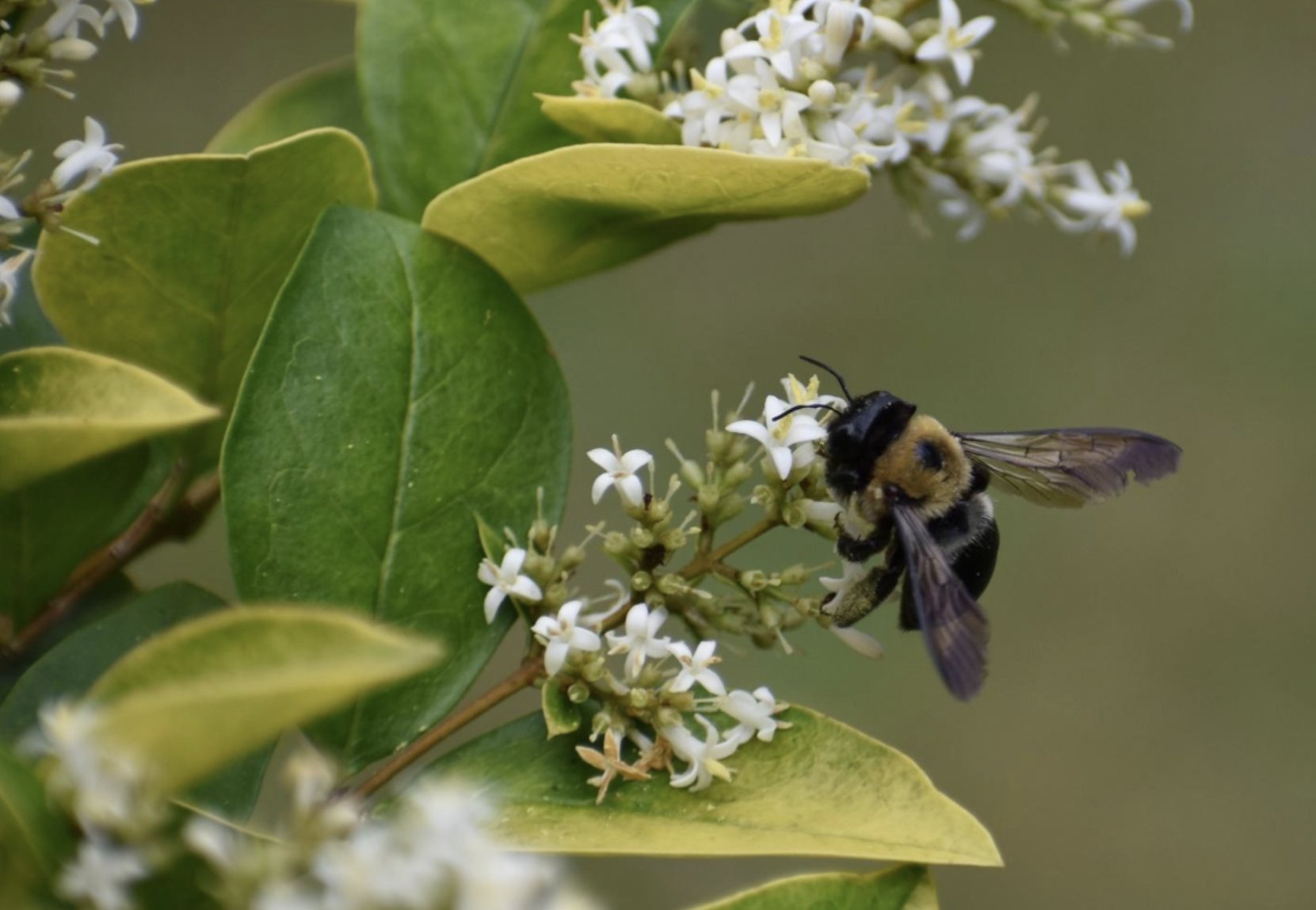The Buzz on Bees
The Buzz on Bees: A Chat With Our Best Pollinators On How to Save The Species
Bye-bye, bees. See you later. I know you’ve been around for 100 million years or so, but your time is over. It doesn’t matter that you help feed the world and help spread nature’s beauty throughout the world -- society is taking you out!
You see, our population just keeps growing and that means we need more of the land you are used to using for your own purposes. Also, we’re sorry that the pesticides we use for farming damage your immune system, but it can’t be helped. You bees are just going to have to make do with less and get used to a shorter life.
What -- you say that you help with pollination and that pollination is something that is truly life-altering to me? Bees are responsible for pollinating about 80% of the crops responsible for feeding the entire planet? Sounds like we could use a closer evaluation of how important the species is to human life -- let’s look at the facts:
What is pollination and who are the pollinators?
Pollination occurs when pollen is moved within flowers or carried from flower to flower by pollinating animals like birds, bees, bats, butterflies, moths, beetles, or by the wind.
What does pollination do?
The transfer of pollen in and between flowers of the same species leads to fertilization and successful seed and fruit production. Pollination ensures that a plant will produce full-bodied fruit and a full set of viable seeds.
Why does pollination matter to us?
Worldwide, roughly 1,000 plants grown for food, beverages, fibers, spices, and medicines need to be pollinated by animals in order to produce the goods on which we depend. Foods and beverages produced with the help of pollinators include apples, blueberries, chocolate, coffee, melons, peaches, potatoes, pumpkins, vanilla, and almonds. In the United States, pollination by honey bees, native bees, and other insects produces $40 billion worth of products annually.
The truth sinks in
CNN reports that approximately one third of everything we eat is a direct result of your hard work, and you guys help plants reproduce and populate other areas. You don’t just help human survival, we actually depend on you for it. But is there really anything I can do to help?
Action Plan
Lucky for us, SaveBees.org and others have already come up with some steps for me to take to save you and help myself:
Adopt a hive
Plant native wildflowers
Provide a home for bees
Leave water out
Support organic farming at my local farmers’ market
Grow some food
It’s easier than I thought, even if I’m in an apartment -- I can leave water out for you on my balcony or patio, or hang a couple of potted plants. I could even get a tomato plant for fresh produce that’s great for us both. Also, curb appeal is one of the key factors in attracting house hunters. As I make improvements, I’ll save my receipts in the event I decide to have an appraisal done.
As a homeowner, I can help by:
Planting dandelions and other native flowers
Leaving a portion of my lawn unmowed
Having a pile of wood
Keeping a drinking pool filled
Maintaining my very own hive
Winning
It’s simple, bees. We just replace the food and shelter we are taking away from you, so you’ll be good and we’ll be good. If all my friends and I become aware, and if we start taking these small steps, we can have a big impact. We can help you live and grow, and we can have the benefits of your pollination.
You are right, bees. We can live together and help each other. Even though we keep taking more land, as long as we keep you in mind and do these little things to help, you can thrive. So, when my future grandson takes his date on a picnic in the country, he’ll have you to thank that there are still so many beautiful, wild, and romantic smells and sights in nature.

